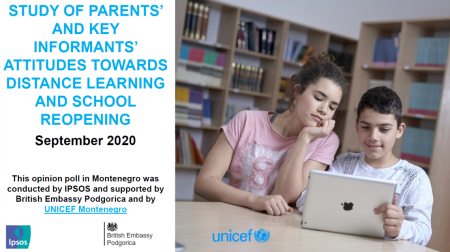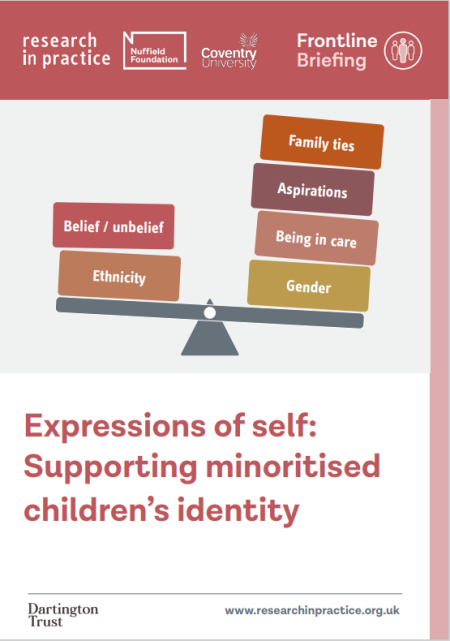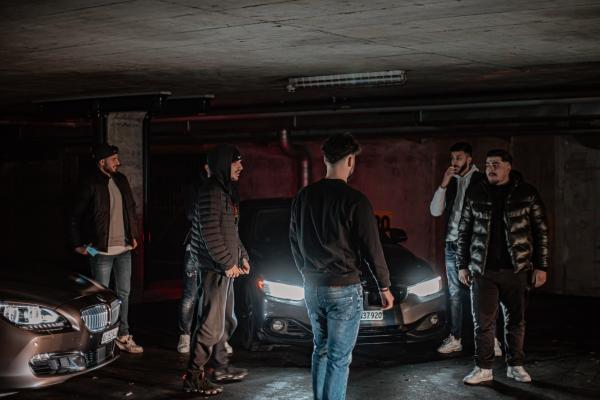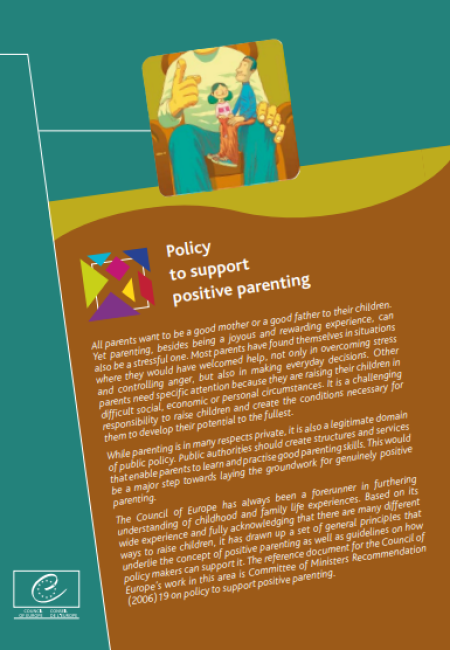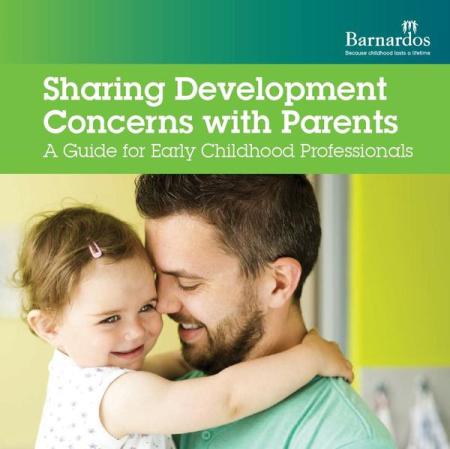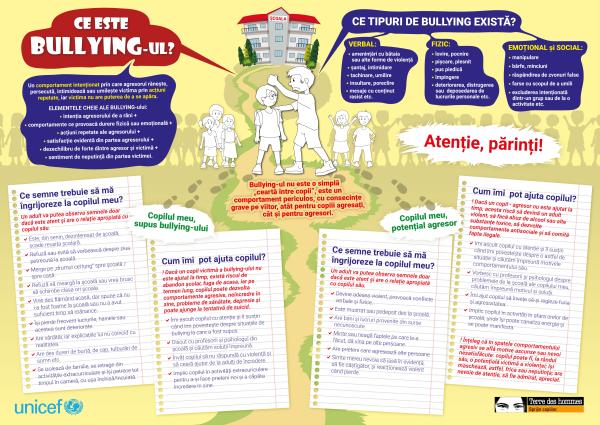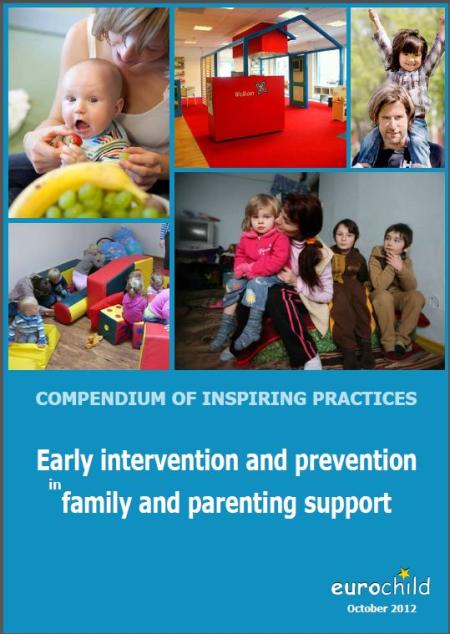
In Montenegro, a survey was conducted this month by Ipsos, with the support of UNICEF and the British Embassy Podgorica, on a nationally representative sample of parents of school-age children on school reopening.
According to the survey key results, most parents (73%) believe that schools should be opened as soon as possible with adequate epidemiological measures. At the same time, more than two thirds of parents (68%) expressed concern about beginning of the school year in the traditional way, given the current situation and capacities of schools to provide adequate conditions for studentsć safe return to school.
Despite fear and concerns, most parents support children's return to school - more than half (54%) would choose the traditional form of teaching, almost a third (31%) would opt for combined learning at school and online, and only 13% would choose only the distance learning model now. Almost 60% believe that parents have the right to independently decide which learning model their child will follow during the Covid-19 pandemic, however, only 5% of parents confirmed that the schools have consulted them regarding the return of their children to regular classes.
As many as 80% of parents are satisfied with the support that their children and themselves received from the school during the distance learning period in the previous school year. Most of them (86%) are satisfied with communication and cooperation with teachers during this period. However, most parents think that, in the long-run, distance learning can lead to a decline in children's motivation to learn and that children miss socialisation with peers as well as that many parents cannot provide adequate support to their children in learning.
Parents of Roma and Egyptian children, as well as those of children with disabilities and children affected by poverty, point to the need for greater support, primarily in terms of ensuring access to new technologies and the Internet, as well as to the skills to use digital tools effectively during online classes. These families emphasize more often the need for additional professional support to children, which parents cannot provide and without which quality education for these children cannot be ensured during the Covid-19 pandemic.


